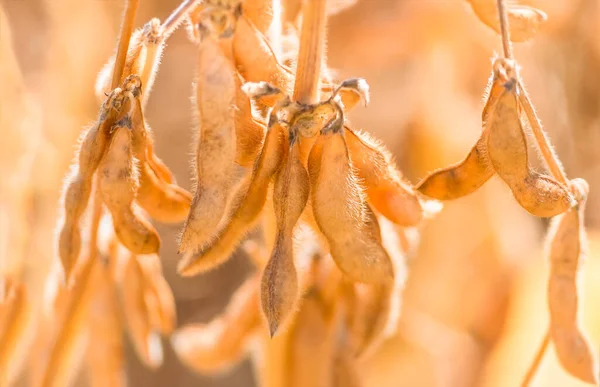South Africa has made notable progress in tackling illegal seed practices since the signing of a Memorandum of Understanding (MoU) by the International Seed Federation (ISF) in Rotterdam a year ago. The agreement aimed to strengthen global efforts toward promoting legal, traceable seed use and encouraging agricultural innovation.
Strengthened Legislation and Industry Collaboration
According to Kobus van Huyssteen, Technical Manager at the South African National Seed Organisation (SANSOR), the country has taken several decisive steps following the MoU. A major milestone was the enactment of the Plant Health Act of 2024, which modernises phytosanitary regulations, aligning them with international standards to improve biosecurity and trade.
Van Huyssteen highlighted increased collaboration between the Department of Agriculture, SANSOR, and international bodies to improve seed certification, traceability, and law enforcement. Public awareness campaigns and farmer education initiatives are also in the pipeline to promote certified seed use and encourage reporting of illegal activity.
Additionally, the South African Cultivar and Technology Agency (SACTA) Levy continues to support innovation in self-pollinated crops by funding research and breeding efforts.
Illegal Seed Practices Still a Concern
While exact statistics remain unavailable, van Huyssteen pointed to “brown bagging”—the unauthorised sale of farm-saved seed—as the most prevalent illegal practice, particularly in crops such as wheat, soya bean, lucerne, and oats. This tends to occur more frequently during seasons of surplus production.
Though less common, other infringements include the use of counterfeit seed or unlicensed genetic traits. Despite limited hard data, comparative analysis suggests that only around 24% of wheat plantings in South Africa come from newly purchased seed, with the remainder being retained—some of which is likely traded informally.
Consequences for Farmers and Industry
Illegal seed use can significantly impact farmer productivity due to poor seed quality or low germination rates. Legal risks also arise when protected varieties are used without proper licensing. Moreover, informal transactions offer farmers little to no legal protection in the case of disputes.
Seed companies also suffer financial losses and reduced returns on R&D investments, which limits innovation. This ultimately impacts the broader food system by lowering yield potential and reducing the quality and resilience of crops.
Van Huyssteen warned that the integrity of the entire agricultural value chain is at stake. “Compromised seed quality affects not only productivity but also market access—especially in export or premium markets where certified seed and traceability are essential.”
Adapting to Digital Challenges
The rise of online and social media platforms as venues for informal seed trading poses new enforcement challenges. While counterfeit seed is not currently widespread in South Africa, van Huyssteen emphasised the need for continued vigilance, especially as digital trade expands.
He concluded by stressing the importance of public-private partnerships, stronger farmer support systems, and improved access to certified seed to tackle the issue comprehensively.
South Africa’s recent progress signals a firm commitment to upholding seed quality and agricultural innovation, but long-term success will depend on sustained collaboration, regulation, and education at every level of the value chain.


